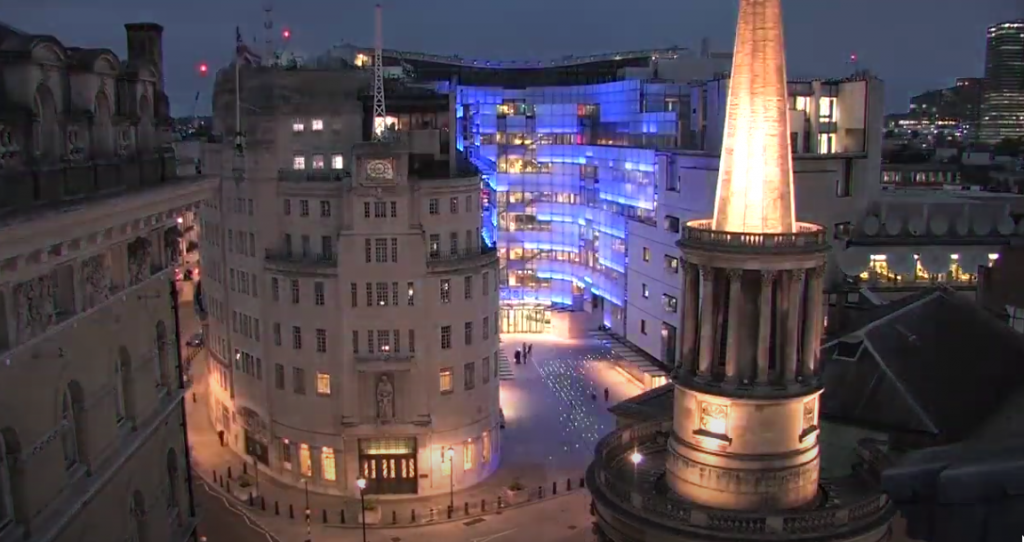Publish and be Damned?

2 reports into events long ago: 34 and 26 years. The main protagonists are dead. Should anyone care, as the Today programme put it somewhat indelicately, about one murder so very long ago (Daniel Morgan)? Or even about an interview of a troubled Royal? The latter are two a penny these days. Police competence rather than corruption is a rather more pressing issue. We all know about the press’s dubious and sometimes illegal activities; besides the News of the World is no more. Journalists have always had, in Nicholas Tomalin’s words, to use “rat-like cunning” to get stories.
Well some people are bothered: the BBC for one, who are faced with a report accusing them of multiple “deceit” in how they obtained the Panorama interview with Diana, a deceit which seemingly involved lying about her own young son spying on her. Even rats would have a hard time defending that. More troubling is the possibility that these lies may have contributed to her decision to refuse the offer of Royal Protection Officers even after her divorce, a decision which might have cost her her life. Yet more troubling is the evidence that very senior BBC executives knew, lied about it, covered up, protected wrongdoers and attacked those who blew the whistle on what had gone on. This would not be the first time of course that BBC “stars” – whether journalists or entertainers – would benefit from blind eyes being turned and those raising difficult questions find themselves marked as members of the awkward squad. Nor is it the first time the BBC has wasted money defending the indefensible (see its determination to fight Cliff Richards’ breach of privacy claim, which cost it upwards of £2 million in compensation and legal costs). Attacking whistleblowers is not the sort of culture one should have in any reputable organisation. But in a news-gathering organization, it is bizarrely – offensively – wrong-headed. What is whistleblowing after all but a tip-off to look into something a bit dubious? If the BBC doesn’t get that, something is very wrong.
It raises questions too about the approach of the press and, let’s be frank, the public to the Royal family. It could be described in much the same terms as Basis Fawlty’s approach to his guests: “…either crawling all over them, licking their boots, or spitting poison at them like some benzedrine puff adder“. It has always been thus. We love the glamour and pomp of monarchy while carelessly tormenting the individuals in it with our excessive interest. Some of them seek to use the press in their turn. This rarely ends well. A bit of lofty distance and common decency might not go amiss. Fat chance.
Another who is bothered is the Home Secretary who has demanded to vet the independent report into the murder of Daniel Morgan, an private detective with close links to the Met and journalists at News International. His murder, the botched investigations into it, the role police corruption played in the failed prosecutions and the activities of journalists close to corrupt policemen was to have been aired at the second part of the Leveson Inquiry and is the subject of this report. Quite why Ms Patel wants to vet it is unclear. The report’s authors have responded robustly, refusing to hand it over and rejecting her claims about human rights and national security concerns. We shall see how this stand-off is resolved. If journalists helped corrupt policemen frustrate a murder inquiry into a man murdered because he uncovered that corruption, it is indeed a “national embarrassment” as the panel put it. Even worse if a Home Secretary seeks to gut an independent report in order to spare the blushes of current police and/or press barons. The close relationship between police and press is certainly something worth looking into, more so than telephone hacking, unfashionable as it may be to say so: it has led to injustices and abuses. The case of Chris Jeffreys shows that – his name and police suspicions about him did not come to journalists’ notice by accident. It was not just the press which breathed a sigh of relief when Leveson Part Two was abandoned.
Neither of these reports show the press in a good light. Easy to praise the theory of a free press; harder sometimes to defend it in practice. Journalists can be infuriatingly focused on the trivial, embarrassingly incapable of asking intelligent questions, too willing to act as little more than a PR mouthpiece, often more interested in opining than inquiring.
But a free, inquiring press is necessary and valuable. It can uncover scandals and help remedy serious injustices. Think of Andrew Norfolk’s work on grooming gangs. Or Jennifer Williams at the Manchester Evening News on the police’s failures to investigate those gangs. Or Nick Wallis and the unjustly convicted sub-postmasters. Or Dan McCrum at the FT on the Wirecard scandal, for which he and his paper faced court action by regulators apparently more embarrassed by the scandal being made public than the fraud itself. Or Panorama’s work on abuse at Winterbourne View and Whorlton Hall homes. Or Andrew Hosken on Stafford Hospital. Or the Sunday Times on Greensill, Cameron and Sir Edward Lister (leading to the latter’s apology – the first from a member of this government for their own actions. Cherish it: we may never see its like again.) Or Amelia Gentleman on Windrush. And sometimes journalists are killed for their pains: Veronica Guerin, Marie Colvin, Daphne Caruana Galicia, Nicholas Tomalin himself during the 1973 Yom Kippur war.
There is little enough scrutiny as there is of the dark underbellies of our society. Good investigative journalism matters. So do thorough and independent inquiries. Worth remembering this in all the inevitable agonising at – and criticism of – the BBC and others to come.